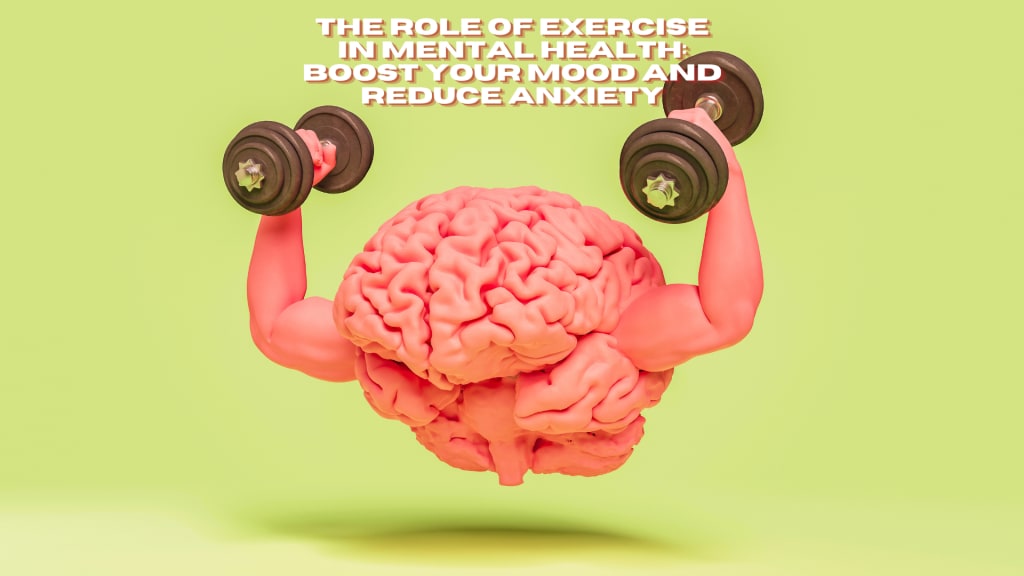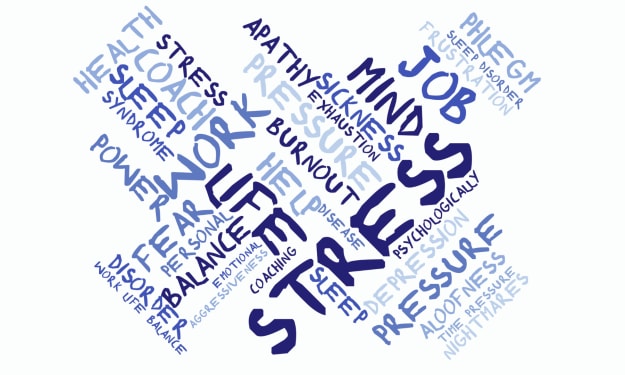The Role of Exercise in Mental Health: Boost Your Mood and Reduce Anxiety
Exercise and Mental Health: Harnessing the Power of Physical Activity to Enhance Wellbeing and Alleviate Anxiety

In today's fast-paced and demanding world, it's easy to overlook the importance of taking care of our mental health. As we navigate through the challenges and stresses of daily life, finding effective strategies to boost our mood and reduce anxiety becomes essential. One such strategy that has been proven time and again is exercise. Physical activity not only enhances our physical well-being but also plays a powerful role in supporting our mental health.
Exercise has long been known to release endorphins, also known as "feel-good" hormones, in our brain. These endorphins interact with receptors in our brain, reducing our perception of pain and triggering positive feelings. As a result, engaging in regular exercise can have a profound impact on our mood, leaving us feeling more positive, energized, and uplifted.
When it comes to anxiety, exercise acts as a natural antidote. Physical activity helps to reduce the levels of stress hormones, such as cortisol, in our body, while simultaneously increasing the production of endorphins. This dual effect can help alleviate the symptoms of anxiety and promote a sense of calm and relaxation. Additionally, exercise provides a healthy outlet for stress and tension, allowing us to channel our energy into something positive and productive.
Beyond the biochemical changes that occur during exercise, there are several psychological factors that contribute to its positive impact on mental health. Engaging in regular physical activity promotes a sense of accomplishment and boosts self-esteem. As we set goals and achieve them, whether it's completing a challenging workout or reaching a personal fitness milestone, we build confidence and a positive self-image.
Exercise also serves as a distraction from negative thoughts and rumination. When we're fully engaged in physical activity, our focus shifts away from worries and anxieties, allowing us to experience a mental break and gain a fresh perspective. It provides a healthy escape from the pressures of daily life and offers a space to recharge and rejuvenate.
Moreover, exercise can be a social activity, fostering connections and a sense of belonging. Whether it's participating in group fitness classes, joining a sports team, or simply going for a walk or jog with a friend, exercising with others can enhance our social support network, reduce feelings of isolation, and provide opportunities for social interaction and camaraderie.
To incorporate exercise into your routine and harness its mental health benefits, it's important to find activities that you enjoy and that align with your interests and abilities. This could be anything from walking, jogging, cycling, swimming, dancing, or engaging in team sports. The key is to choose activities that you find pleasurable and sustainable in the long term.
If you're new to exercise or have any underlying health concerns, it's always a good idea to consult with a healthcare professional before starting a new fitness regimen. They can provide guidance tailored to your specific needs and help you develop a safe and effective exercise plan.
Remember, consistency is key when it comes to reaping the mental health benefits of exercise. Aim for at least 150 minutes of moderate-intensity aerobic activity or 75 minutes of vigorous-intensity aerobic activity each week, along with strength-training exercises that target all major muscle groups two or more days a week.
Incorporating exercise into your daily routine can be a transformative journey for your mental health. Embrace the power of physical activity to boost your mood, reduce anxiety, and enhance your overall well-being. Make a commitment to yourself and prioritize self-care through regular exercise. Your mind and body will thank you, and you'll discover the profound impact that a little movement can have on your mental health.





Comments
There are no comments for this story
Be the first to respond and start the conversation.